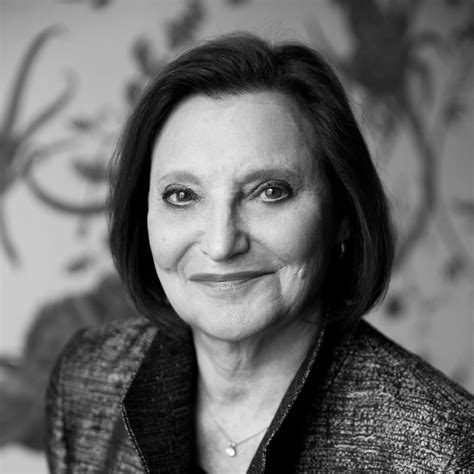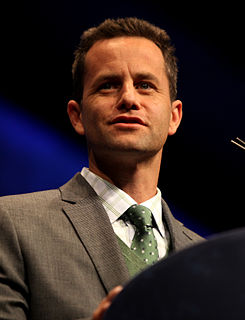A Quote by William Empson
The central function of imaginative literature is to make you realize that other people act on moral convictions different from your own.
Quote Topics
Related Quotes
In later years, when I started working in police ethics, I was professionally drawn back to the topic but as well was better able to see two sides to loyalty - its importance for certain central human relations such as friendships, but also its corruptibility in the sense that loyalty could be invoked against other moral constraints: it sometimes function as something of a moral Trojan horse, undermining other moral considerations.
The great subversive works of children's literature suggest that there are other views of human life besides those of the shopping mall and the corporation. They mock current assumptions and express the imaginative, unconventional, noncommercial view of the world in its simplest and purest form. They appeal to the imaginative, questioning, rebellious child within all of us, renew our instinctive energy, and act as a force for change. This is why such literature is worthy of our attention and will endure long after more conventional tales have been forgotten.
We do literature a real disservice if we reduce it to knowledge or to use, to a problem to be solved. If literature solves problems, it does so by its own inexhaustibility, and by its ultimate refusal to be applied or used, even for moral good. This refusal, indeed, is literature's most moral act. At a time when meanings are manifold, disparate, and always changing, the rich possibility of interpretation--the happy resistance of the text to ever be fully known and mastered--is one of the most exhilarating products of human culture.
Literature cannot develop between the categories "permitted"—"not permitted"—"this you can and that you can't." Literature that is not the air of its contemporary society, that dares not warn in time against threatening moral and social dangers, such literature does not deserve the name of literature; it is only a facade. Such literature loses the confidence of its own people, and its published works are used as waste paper instead of being read. -Letter to the Fourth National Congress of Soviet Writers
We all have our convictions formed by different things, and mine are informed by my faith, they're informed by the Word of God, and I found that to be an anchor for me, a compass and a guide for me. When people start bullying one another and calling each other names for those different convictions, then I think you get into problems.
We all have our convictions formed by different things and mine are informed by my faith.... They're formed by the word of God, and I found that to be an anchor for me, a compass, and a guide for me. When people start bullying one another and calling each other names for those different convictions, then I think you get into problems.
It seems to me that literature is giving way a little bit to the immediacy of other diversions, other forms of entertainment. What will it be in fifty years? I don't know. Will there be printed books? Probably, but I'm not sure. There's always going to be literature, though. I believe that. I think literature has a way of getting deep into people and being essential. Literature has its own powers.
It's your life - but only if you make it so. The standards by which you live must be your own standards, your own values, your own convictions in regard to what is right and wrong, what is true and false, what is important and what is trivial. When you adopt the standards and the values of someone else . . . you surrender your own integrity. You become, to the extent of your surrender, less of a human being.
Literature presents you with alternate mappings of the human experience. You see that the experiences of other people and other cultures are as rich, coherent, and troubled as your own experiences. They are as beset with suffering as yours. Literature is a kind of legitimate voyeurism through the keyhole of language where you really come to know other people's lives--their anguish, their loves, their passions. Often you discover that once you dive into those lives and get below the surface, the veneer, there is a real closeness.






































